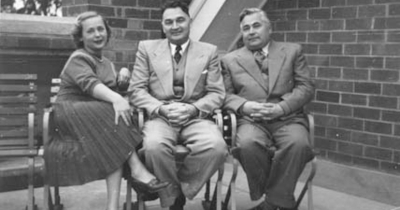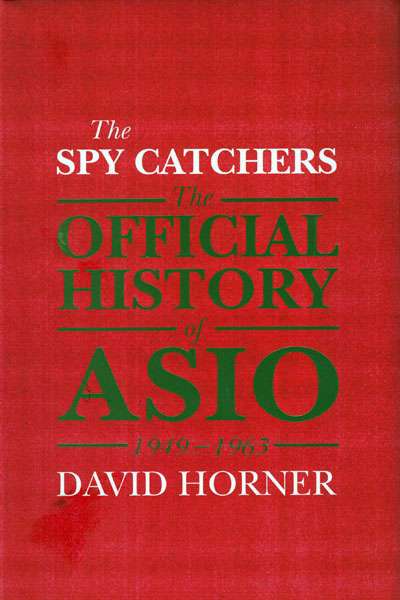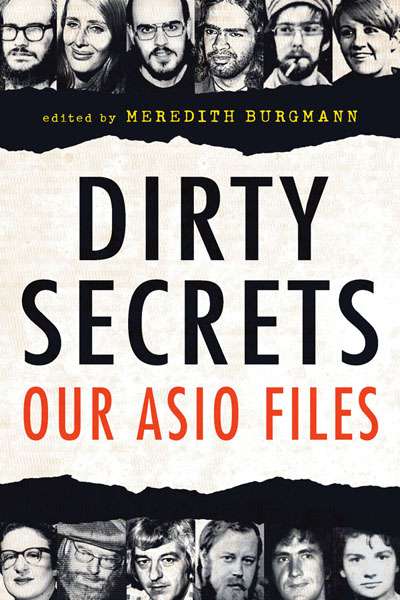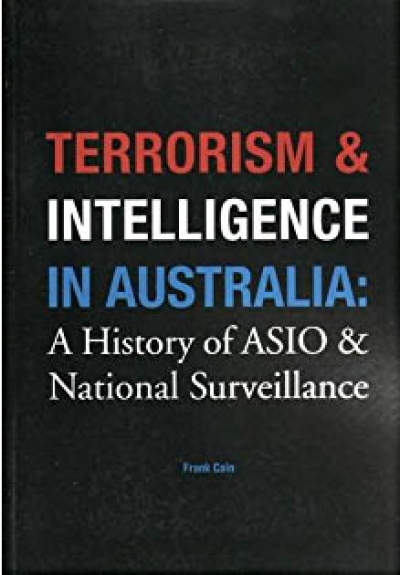ASIO
It was mid-afternoon when I turned a typewritten foolscap page from 1939 and found the name I had been searching for: Detective Sergeant Mischenko. The report was a pretty banal cry for resourcing. Poor Mischenko was doing the work of two detectives in Japanese-occupied Shanghai and desperately needed some assistance. On turning the page, I felt like Archimedes himself (though running through the US National Archives yelling ‘Eureka!’ might have been a touch dramatic). My journey to the suburbs in the middle of a clammy Washington DC summer had held no guarantees of finding this.
... (read more)The Spy Catchers: The official history of ASIO 1949–1963, Volume One by David Horner
by Phillip Deery •




